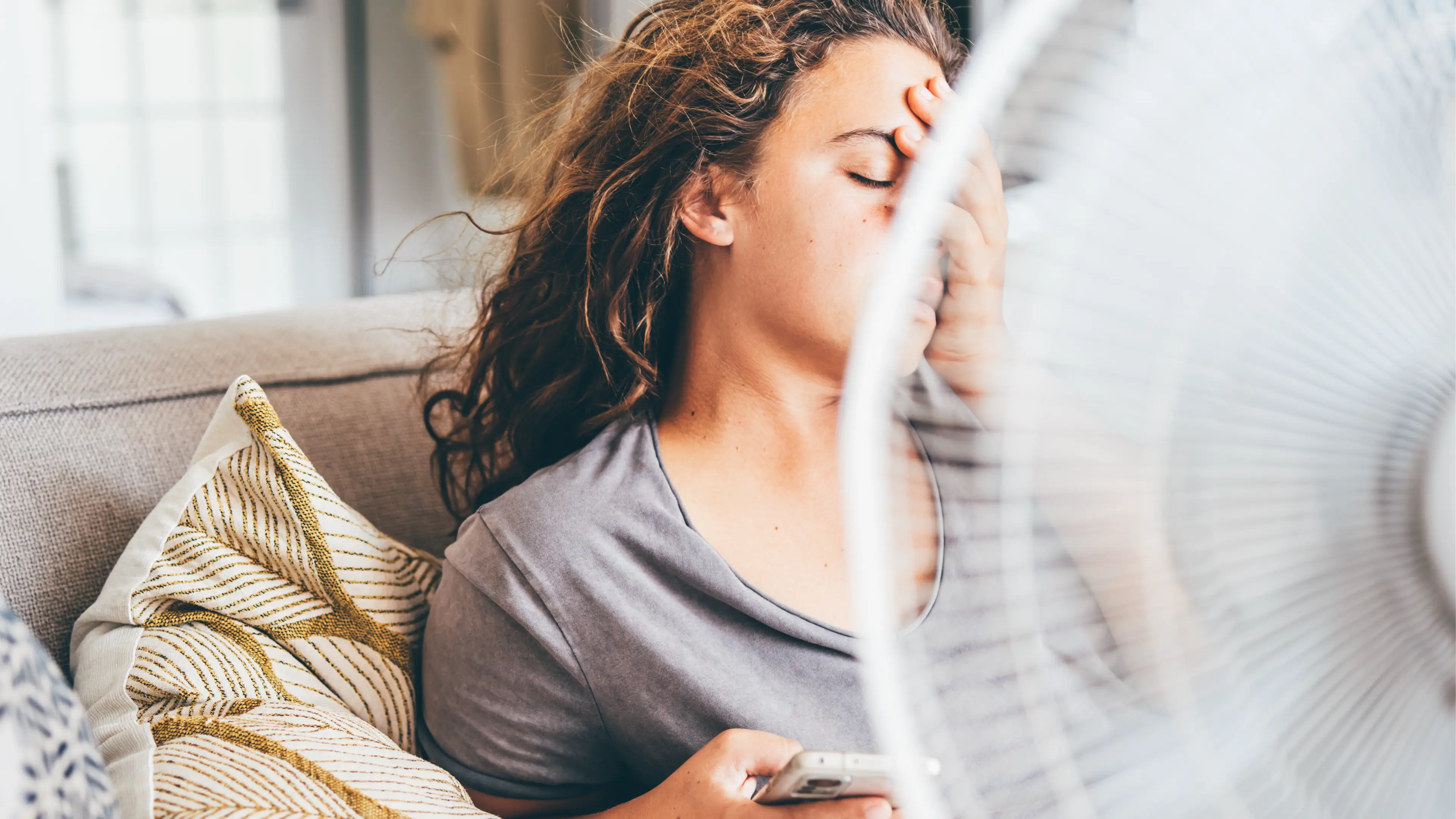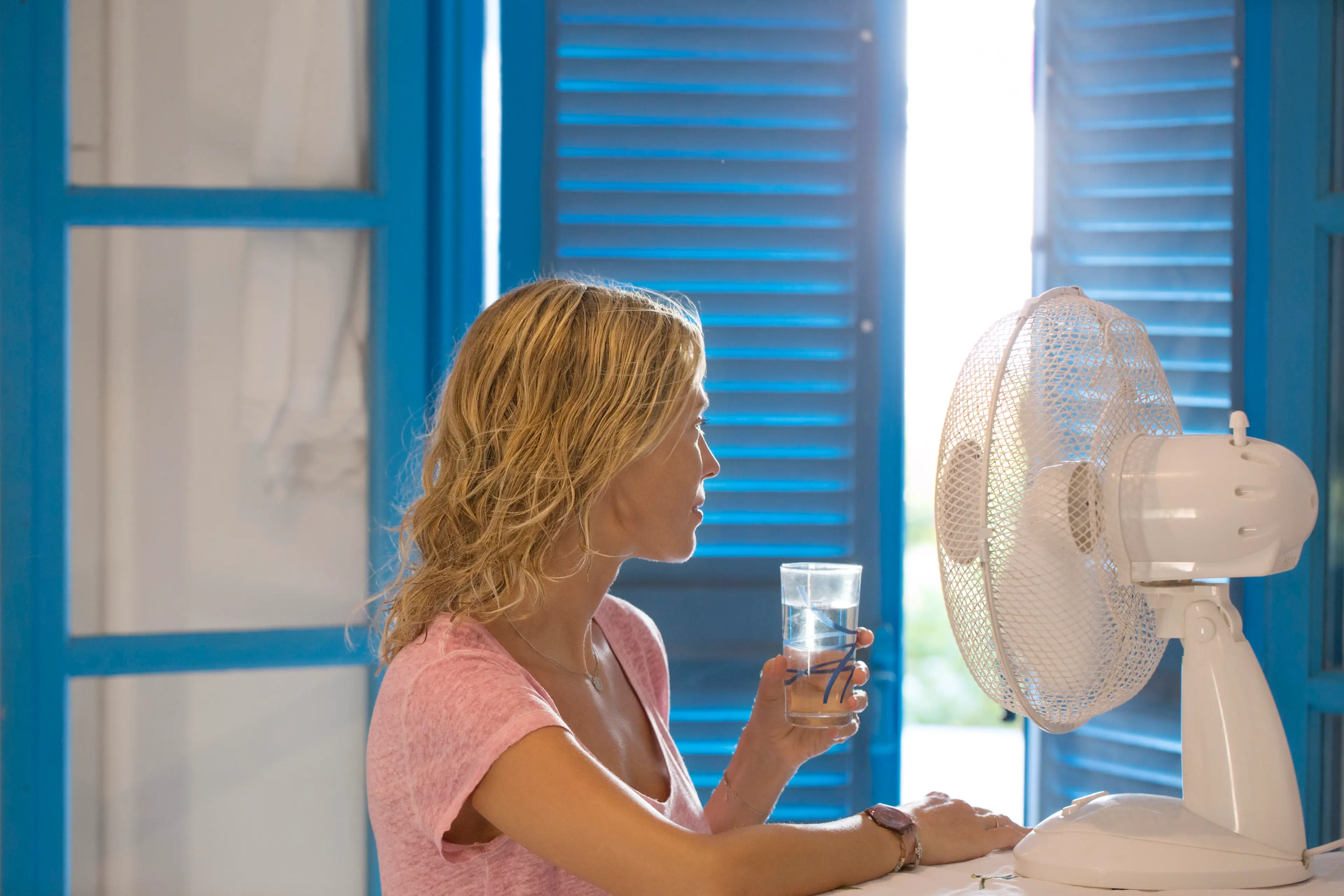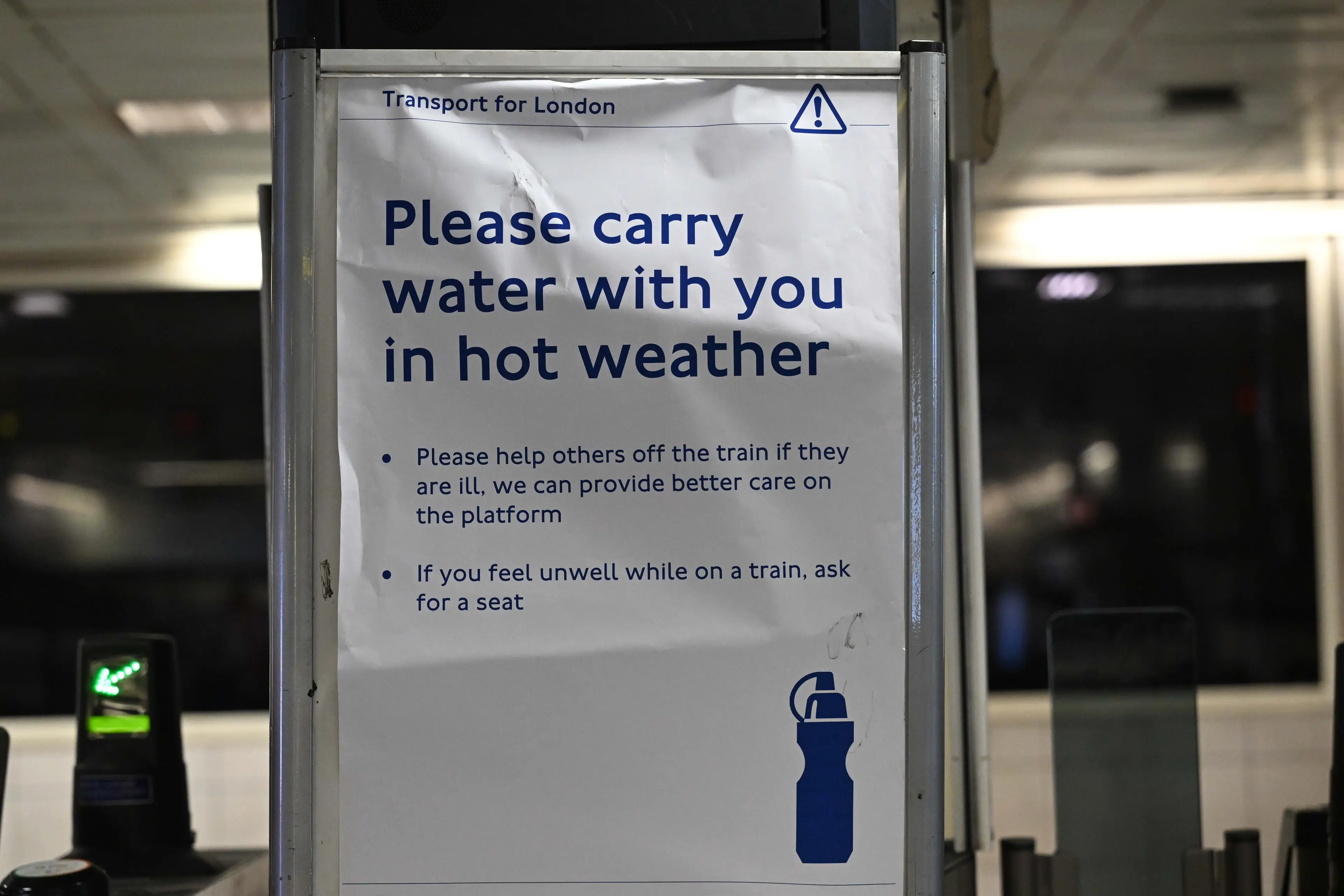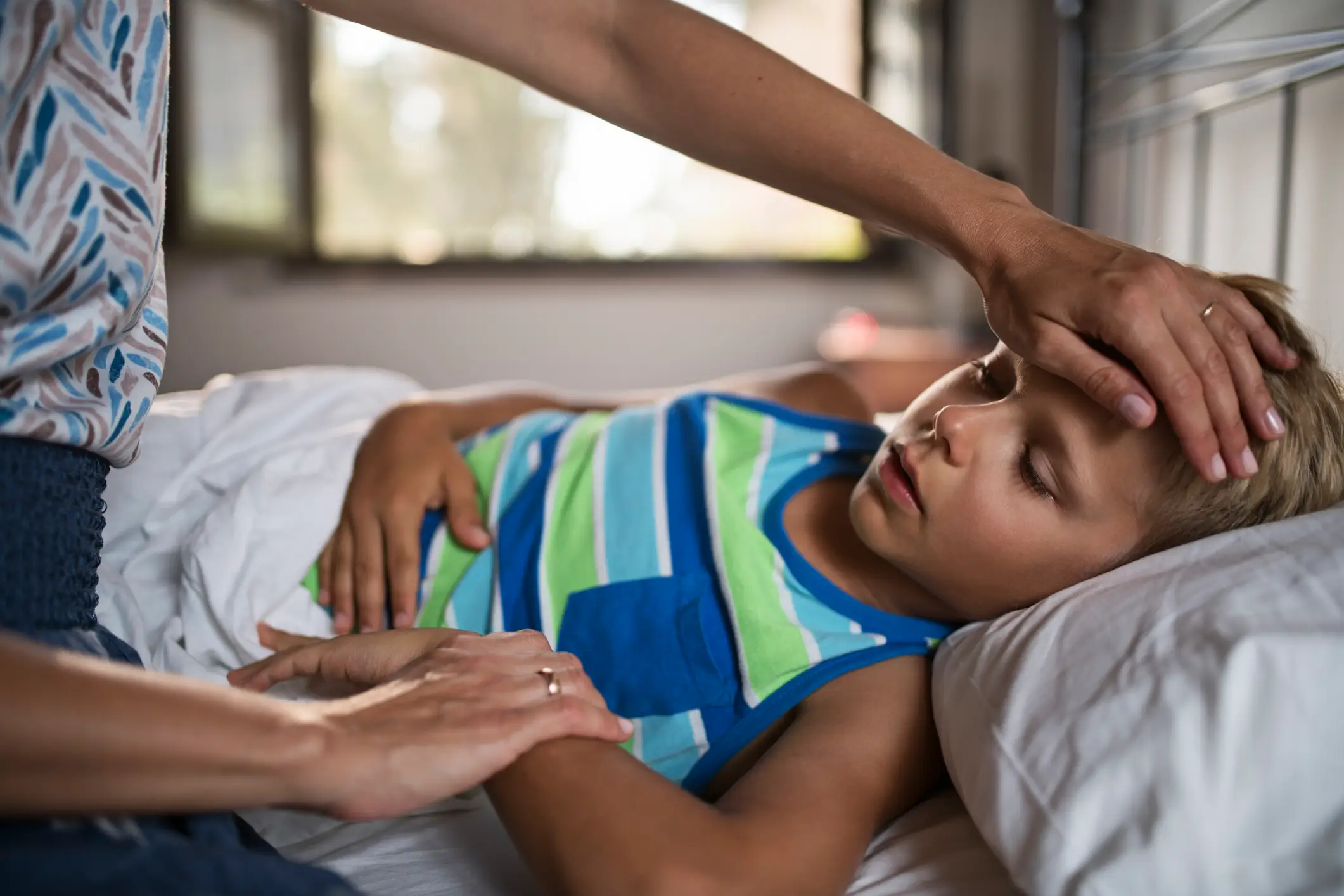
Temperatures are set to soar across some part of the UK in the next few days, Brits are once again divided over the tropical weather.
While some people would happily bask in the sun all day, others just find it sweaty and uncomfortable.
Regardless of whether you love or hate the hot weather, it's important to understand how to stay safe as the temperatures rise and it helps to know what is actually happening in our bodies.
How do our bodies react to hot weather?
As our bodies come up against increasing temperatures, it can lead to symptoms such as itchy heat rashes or swollen feet.
This is because blood vessels open up as the body gets hotter, which leads to lower blood pressure. This decrease in pressure makes it more difficult for the heart to pump blood around the body.
Advert
When the body gets hotter, it also starts to sweat, which leads to a loss of fluid and salt. This can lead to dehydration and an imbalance between fluid and salt levels. This, coupled with lower blood pressure can cause heat exhaustion.
Headaches, muscle cramps, nausea and dizziness are all symptoms of heat exhaustion and are signs that the body needs to cool down.

What to do if you experience heat exhaustion
If you or someone you know is showing signs of heat exhaustion, the most important thing to do is remove yourself or them from direct sunlight, ideally into a cool area.
Then, you should remove any excess clothing and attempt to cool your body down using cold water or cool packs.
Hydration is really important, so you should try to drink water or something containing electrolytes. You should avoid drinking alcohol, which is likely to lead to further dehydration.
You should keep an eye on your symptoms and if they do not improve within 30 minutes, this is considered a medical emergency and you should contact 999 as they are at risk of heatstroke.

Why do we respond to heat in this way?
The body's core temperature tries to remain at 37C, regardless of it being the peak of summer or the depths of winter.
However, as temperatures increase, it becomes more difficult to keep the body at 37C, which is why it opens blood vessels near the skin, allowing our skin to lose heat.
As we sweat, we are also able to lose heat when the sweat evaporates.

How to stay safe during the heatwave
It's recommended to avoid the sun between 11am and 3pm when the sun's rays are strongest, however, you should use a sunscreen with a high SPF and UVA rating and stay in the shade where possible when outside.
You should stay hydrated by drinking plenty of water and avoiding physical exercise during the hottest part of the day.
Some people are more at risk from heat related illness, including children, the elderly and people with diabetes.
